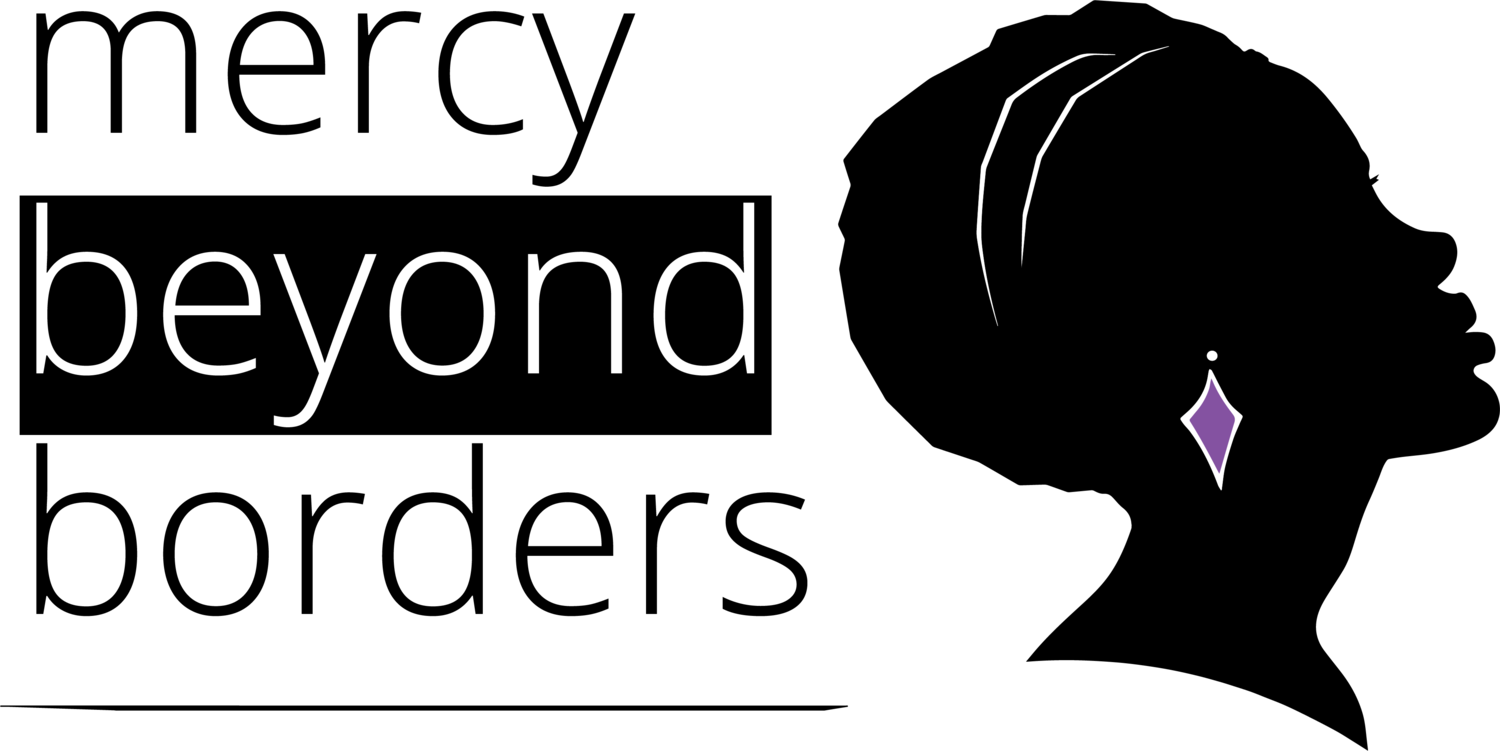Beyond the Challenges
With the Pope in South Sudan urging leaders there to implement a peace agreement from 2018, I peer curiously across the border from my side in Uganda. It often feels like things are falling apart. Indeed, when COVID hit the globe, things changed drastically. When Russia invaded Ukraine, things changed drastically for the women and girls we work with around the world. As Chief Programs Officer, it is difficult to try to juggle managing programming in five countries - one of which we cannot even safely travel to at present.
While the world recovers from the serious hits of the past few years, we at MBB have struggled with the challenges resulting from those hits. The World Food Programme has slashed its food aid in South Sudan, moving its resources and people to Ukraine. Two weeks ago, the government announced that schools would be closing. The third term just sort of evaporated; The new school year started today.
How can we run a leadership program where one of our core values is academic excellence, and yet the Ministry of Education effectively cancels the remainder of the academic year and passes students along to the next level without a formal evaluation?
Once I lift my head up enough to see beyond the challenges which are inherent in the areas where MBB works, and I get to see the achievements of our programming and the successes of the women and girls in those programs, it makes overcoming those challenges even more rewarding. I recently traveled by very small plane and very questionable private car hire from Nairobi, north, to as far as Lokichogio, in Turkana County, Kenya. I got to spend a weekend alongside our Scholarship Coordinator, Judith, as we met with and worked with a group of 17 South Sudanese university students - almost all on learning paths in science, technology, engineering, and mathematics. We worked through challenges together that these young women face at school, as women, as refugees, as international students. And there is no shortage of obstacles to overcome.
I am reminded that MBB works where we work intentionally - difficult places that are hard to get to, especially resource-poor, and where women are at the margins of society. We work where it’s often hard to get things done, but it’s only overwhelming when you do nothing about it. We take these challenges head-on, and we know that the women and girls we serve have endured and successfully overcome challenges far greater than those we ourselves have ever known.
This is why when I travel to MBB’s programming sites, I am in awe of all that has been accomplished in the face of such adversity. I am in awe of the desire to learn, the passion, and the drive these young women have for knowledge and to obtain a level of education in life that so few of their peers are able to achieve.
So, while I anxiously laugh when the tiny plane I take hits horrendous turbulence, or when a Turkana warrior comes running out from behind a cactus in northern Kenya because I stopped to admire his camels on the side of the main highway, to the drunken guards and shepherds draped with AK-47s over their shoulders, I have to remember our objective, and while it may not be in plain sight all of the time, the importance of that objective should never be underestimated.
Sign up for Mercy Beyond Borders’ monthly e-newsletter to learn about the challenges and triumphs of women and girls living in extreme poverty in South Sudan, Uganda, Kenya, Malawi & Haiti.


